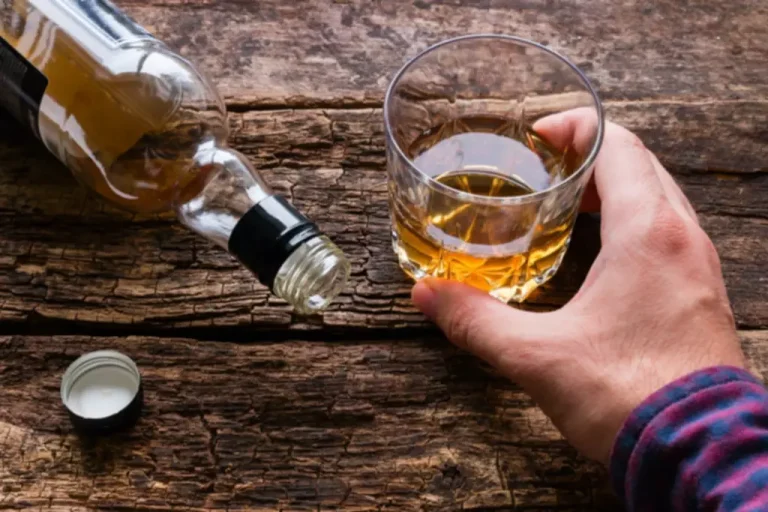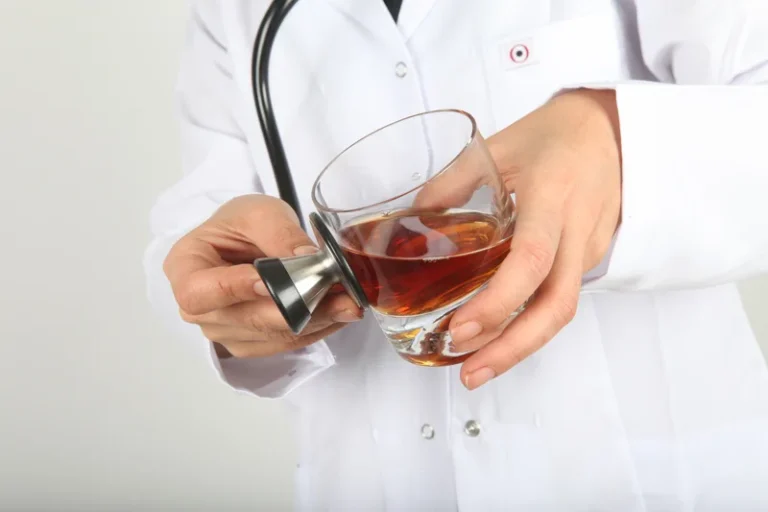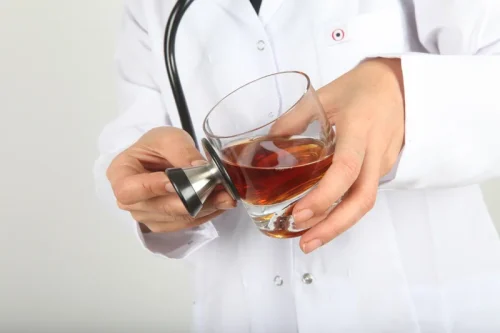Adjust your goals and milestones based on your personal circumstances and progress. It’s important to celebrate each milestone achieved, as it signifies your commitment and dedication towards a healthier and brighter future without alcohol. The team of specialists at Legacy Healing Center ensures that clients receive proper how to safely taper off alcohol hydration, electrolyte balance, and rest, which are critical to recovery. Nutritional support and sleep hygiene can help stabilize physical health during withdrawal. Recognizing the signs of alcohol addiction can be challenging, especially since they can develop gradually. However, there are some key behavioral and physical signs that often indicate a problem.
Signs of Heroin Addiction: Physical, Behavioral, & Psychological Indicators
One of the primary sources of support can be found within your family and close friends. Loved ones who understand your struggles and are invested in your well-being can provide unwavering support throughout the recovery process. They can offer emotional support, help you navigate challenging situations, and provide a safe and sober environment.
The Role of Nutrition and Exercise in Mental Health Treatment
If your body is used to a certain amount of alcohol, you may feel certain effects when you stop. How you feel when you stop drinking is largely based on how often and how heavily you drink. People who only drink occasionally probably won’t notice any physical or psychological symptoms. People who have a severe reaction to quitting alcohol should seek emergency treatment.
- A direct taper means gradually reducing alcohol intake without substitutes.
- If you suddenly quit drinking, your brain can start to make more of an excitatory substance called glutamate.
- Once you have a baseline of how much you are drinking, a doctor can help you determine a start and end point.
- Within 5 minutes, you’ll receive an email with these details – free of charge.
- Tapering off alcohol allows you to minimize withdrawal symptoms, manage cravings for more alcohol, and focus on improving your mental health.
Preparing To Wean Off Alcohol
Explore how to wean yourself off alcohol safely, from tapering plans to handling severe symptoms. If you’ve been drinking for a long time, tapering off can cause withdrawal symptoms. Getting drug addiction professional help can mitigate harmful withdrawal symptoms and ensure success. Going “cold turkey” means abruptly stopping drinking entirely, leading to uncomfortable withdrawal effects. The intensity of the withdrawal symptoms depends on the severity of the alcoholism.
- If you are struggling to stop or cut down through alcohol tapering, this may be a sign to seek more help, Lee said.
- A well-structured alcohol tapering plan can help minimize discomfort and improve long-term success.
- Quitting alcohol cold turkey can be dangerous and should only be done under medical supervision.
- By creating a schedule to monitor your alcohol use you can see just how much of the substance you are drinking.
- Having a plan can help you stay on track and it can keep you safe.
They can serve as a source of encouragement, reminding you of your goals and providing a listening ear when needed. Telling people to taper with lite beer when they drink 750ml liquor a day is unrealistic and not based on science. Pretty sure the ER doc knows better than some bullshit web site written by sober people.
Effective Interventions for Alcohol Withdrawal
This process involves gradually reducing alcohol consumption under the guidance of medical professionals, implementing lifestyle changes, and seeking the necessary support. According to a national population-based survey, a significant proportion of individuals with unhealthy alcohol use experience withdrawal symptoms. Alcohol tapering is a medically guided strategy for managing alcohol withdrawal symptoms, involving the gradual reduction of alcohol intake to minimize physical shock to the body. This approach is crucial, especially for individuals with alcohol dependence, as it aims to prevent severe withdrawal symptoms like seizures and delirium tremens. Tapering off alcohol is a critical step for individuals looking to regain control over their drinking habits. This process involves gradually reducing alcohol intake to minimize withdrawal symptoms and enhance the likelihood of a successful recovery.







